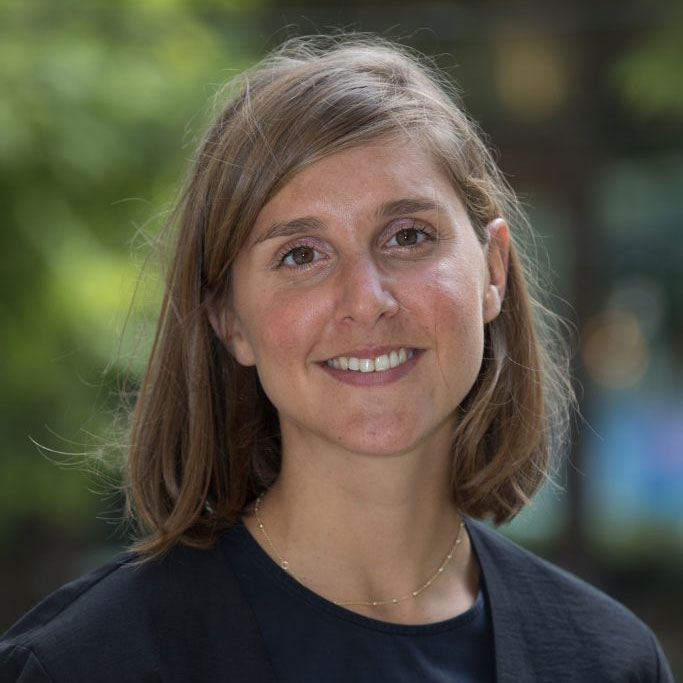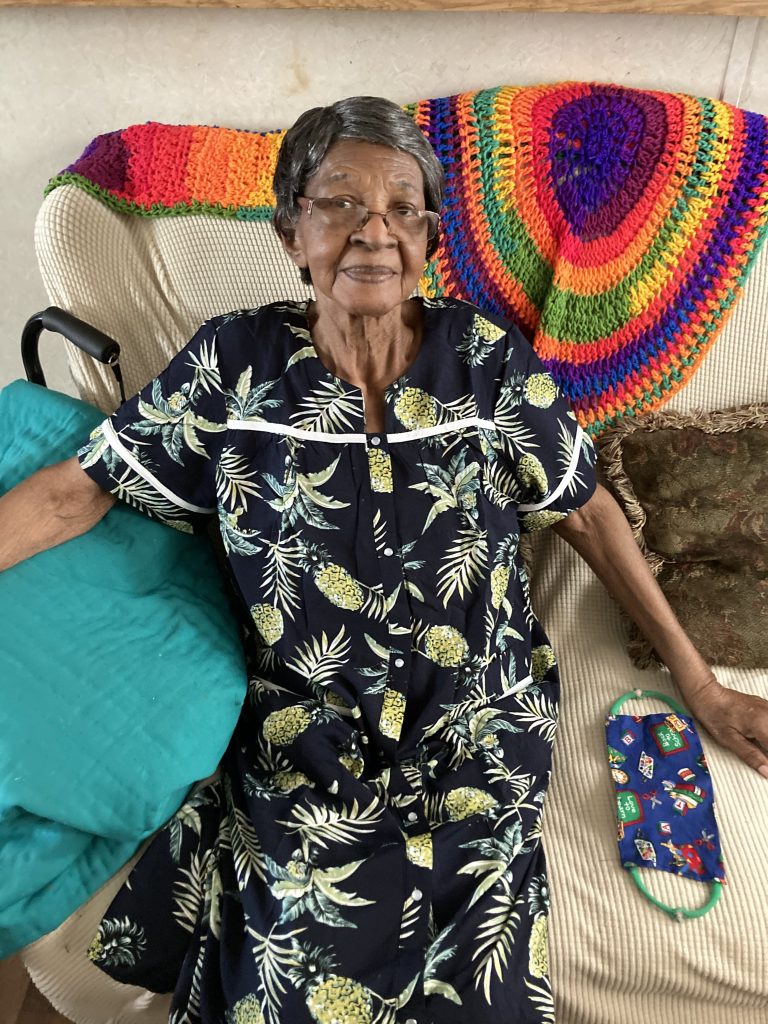COVID-19’s death rate is disproportionally higher in nursing homes, creating enormous pressures to deliver high-quality end-of-life care. Comprehensive palliative care, also known as end of life care, should be an explicit part of both national and global COVID-19 response plans. These are developing rapidly. To inform the update and rapid development of new guidelines, we combined information from existing national and international COVID-19 guidance documents for nursing homes concerning palliative and/or end-of-life care.
We were able to contact representatives of 82 countries across the world, including low, middle and high-income countries, to identify guidance on palliative care for nursing homes during the COVID-19 pandemic. We performed a document and content analysis on 21 guidelines from 8 countries (USA, the Netherlands, Ireland, United Kingdom, Switzerland, New Zealand and Belgium) and one from the WHO (updated until April 8 2020). Both document and content analysis are widely used qualitative research techniques to analyse text data. Documents were interpreted to give voice and meaning around the assessment topic ‘palliative care’. All content (excerpts/text) within these documents was coded into themes similar to one another.
Across documents, we identified eight different palliative/end-of-life care themes that were addressed, albeit to a limited depth and most covered in less than 10 documents:
- Visits at the end of life (covered in 12 documents) including lifting restrictions for family to visits residents who are at the end of life, with differences between documents about criteria and circumstances. Most documents failed to provide guidance on supporting family, especially regarding bereavement – even though measures, such as physical distancing, might negatively impact the grieving process.
- Symptom management (8) of which most recommendations focused on physical symptom assessment and management. Non-physical (psychological, social or spiritual) needs were hardly addressed.
- spiritual care (3) was addressed in two documents that focused solely on spiritual care but was only mentioned once in the more general guidance documents.
- Clinical end-of-life decision-making (13) particularly focused on appropriateness of hospital transfers/admissions of which most advised against, unless clinically indicated. US documents seemed less instructive than European documents. Clinical Frailty Scale was recommended by 4 documents to inform decision-making but cutoff scores differed across.
- Foreseeing stock of medication and prescription chart to enable palliative care (1) was recommended in only one document, stating the nursing homes should prepare for increased need for palliative care provision.
- Initiating specialist palliative care support and advice (7) of which most just stated ‘specialist palliative care involvement might be necessary’ without further explanation.
- Advance care planning (14) with main emphasis on treatment preferences in writing (regarding resuscitation and hospitalization), and goals of care for emergency situations specifically, while the actual communication process was less frequently mentioned.
- Body and funeral arrangements (4)
Most guidelines lacked practical and operational recommendations for staff or facility managers, i.e. guidance on who should do what, and when. Documents for example indicate “plans should be made for palliative care” or “accompany relatives in coping with grief” without further explanation, referrals or guidance.
Essential aspects of palliative care were largely unaddressed, including protocols for holistic assessment and management of symptoms and needs at the end of life (physical, psychosocial and spiritual care), education of non-specialist staff concerning palliative care, referral to specialist palliative care or hospice, advance care planning communication, support for family including bereavement care, psychosocial support for nursing home staff such as counselling, and leadership and coordination related to palliative care. Finally, attention to dementia was limited to the ‘wandering’ behavior of residents. This is an important omission given that the majority of nursing home residents have dementia, and the current crisis poses many challenges to them. Alzheimer Europe, the Alzheimer’s association and Alzheimer Disease International (ADI) have developed COVID-19 guidance specifically for this population, and future nursing home guidance should integrate this.
It is striking that these themes have not been addressed in current guidelines given the fact that general guidelines from countries in West Africa, Taiwan, Hong Kong and Singapore developed for past epidemics (Ebola, SARS, MERS, influenza) consistently called upon the necessity of all these palliative care domains (i.e. protocols for symptom management, training for non-specialists, providing psychosocial and bereavement care, communication and attention for those particularly vulnerable, including people living with dementia) (Etkind 2020, JSPM).
Going forward we hope this unprecedented time will serve as a call for the incorporation of palliative care into global health priorities. The Covid-19 pandemic may be a catalyst to medical practice for improving how we alleviate suffering life and death. Many middle- and low income countries have excellent guidelines for palliative care for people affected by communicable disease. Until now, these were less relevant for high-income countries but this is what we need to look at and learn from now! Findings from our study can hopefully inform and encourage future palliative care guidance development for COVID-19 in nursing homes, by highlighting the topics that require urgent attention.
The full paper is published in the Journal of Pain and Symptom Management

Joni Gilissen holds a master’s degree in Social Policy (KUL) and Social Profit & Public Management (Ghent University). She has a PhD in Social Health Sciences (End-of-Life Care Research Group, VUB) and Biomedical Sciences (Center for Biomedical Ethics and Law, KUL). Her research primarily focuses on the end of life of and palliative care in older adults. Her doctoral research has focused on the development of an advance care planning intervention program in nursing homes, which she evaluated in a cluster randomized controlled trial and mixed-methods process evaluation.
Joni is currently working as an Atlantic Fellow for Equity in Brain Health at the Global Brain Health Institute (Department of Neurology , UCSF) where her research is focusing on early palliative care in dementia. In September 2019, she will transfer to Harvard Medical School and Massachusetts General Hospital to spend 1 year working with Prof Dr Jennifer Temel and Prof Dr Christine Ritchie on a research study regarding palliative care in people who are living with dementia and cancer. For the latter she has been awarded a Belgian American Educational Foundation (B.A.E.F.) and Fulbright postdoctoral scholarship.




